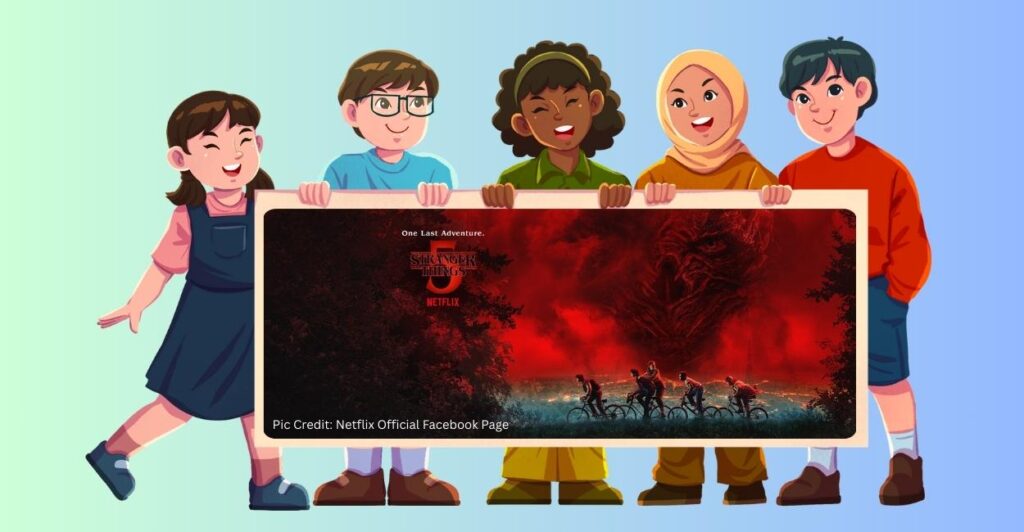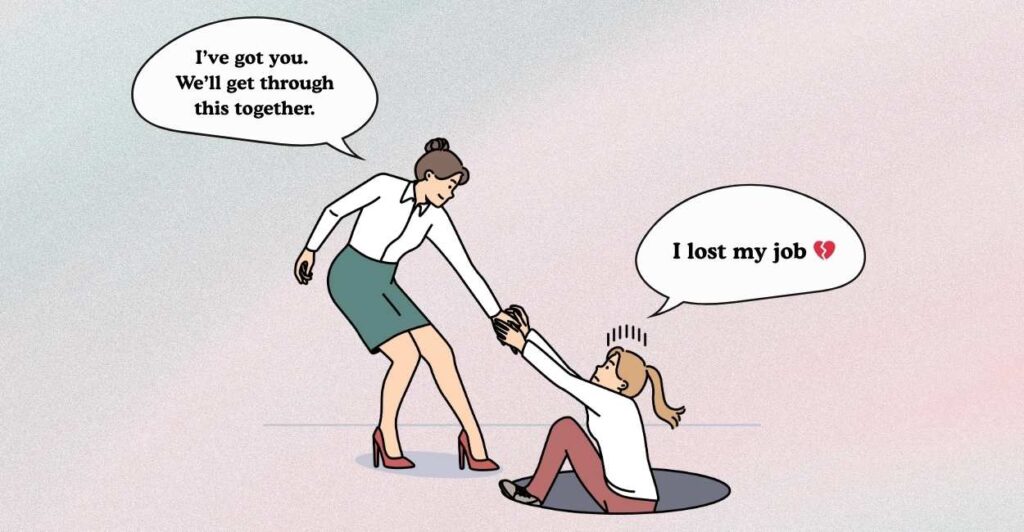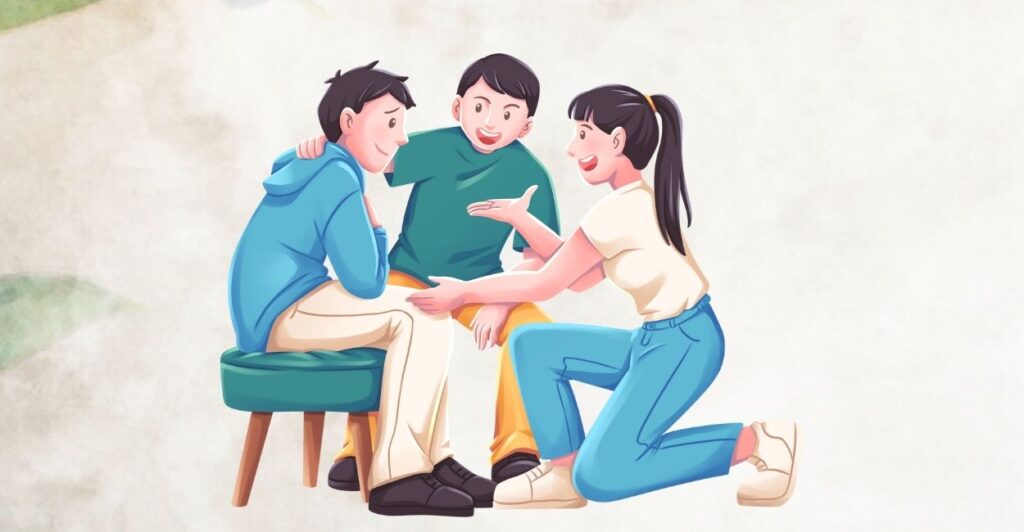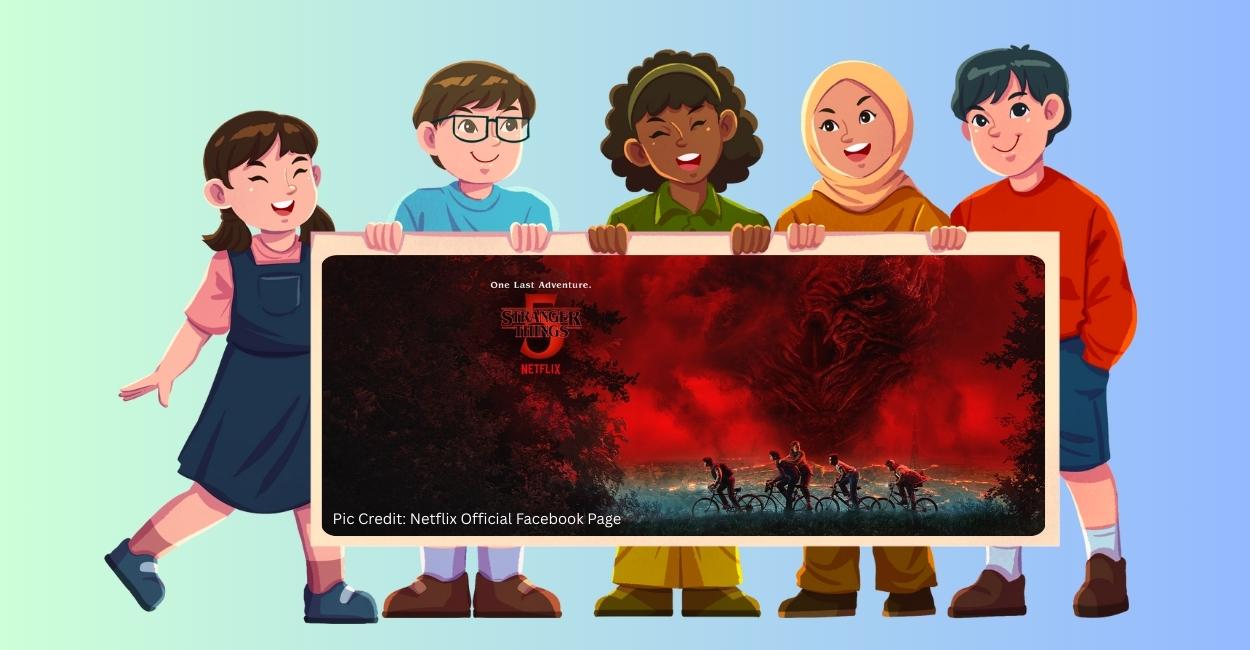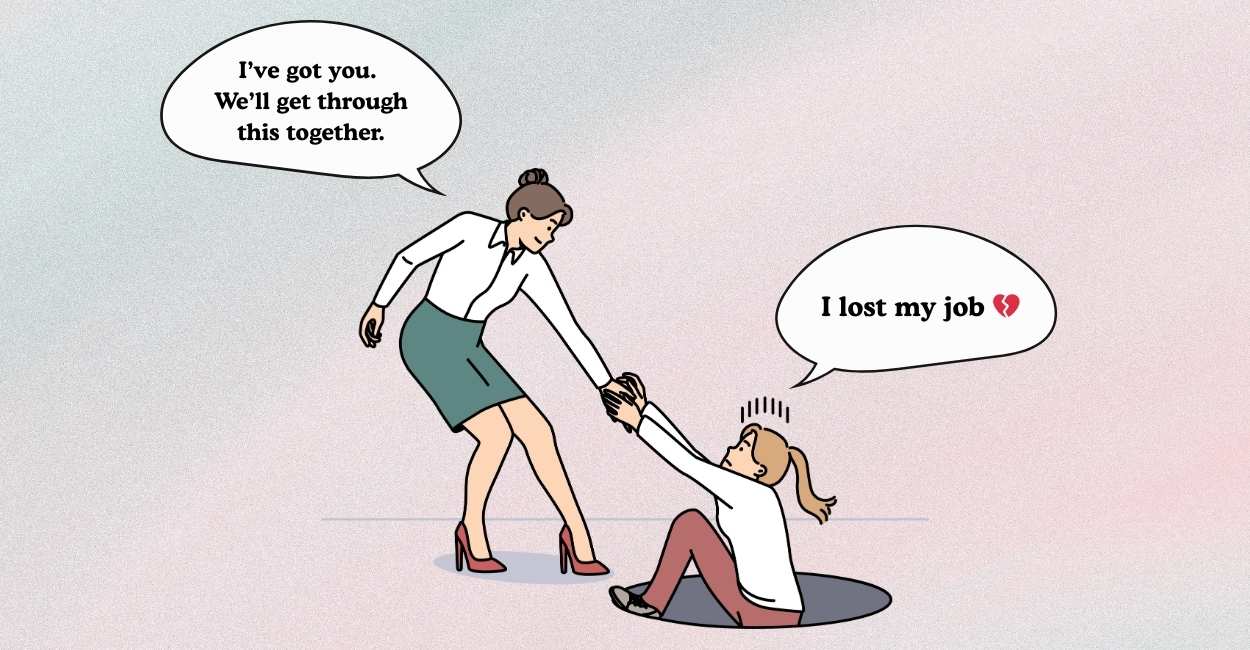Childhood Friends: Should We Really Strive for and Why?

“Ah, how good it feels! The hand of an old friend!”
Henry Wadsworth Longfellow
If you’re like me, you might remember promising your childhood friends that you’d stick by their side for the rest of your lives, regardless of where life would take you as an adult. It is very common for us to want our friendships to last forever when we are young.
But it is not that common to have this dream come true. The ones whose dream does in fact come true consider themselves lucky for having the same friends since childhood. Maintaining long-lasting friendships looks worth flexing, doesn’t it?
But what if I tell you we have a little rethinking to do in this matter? Should it really be desirable to maintain childhood friendships? What does it say about your personality & your outlook toward life? Let’s dig deeper into this, shall we?
What counts as a Childhood Friend?
Our very early friends in life, typically who introduce us to the very concept of friendship in life, are our childhood friends. At the age of 2-3, children start forming friendships. However, until they are 4-5, they do not really form friendships involving loyalty, trust, care, etc.
The prior is more like an association. The latter may be more of an attachment. As children grow, they begin to develop a sense of consideration for each other’s feelings in a gradual manner.
Why are Childhood Friendships so special?
Childhood friendships mean something to most people, & for good reasons! In our formative years, childhood friendships teach & give us a lot which shapes our personalities & beings.
Each one of us remembers our childhood for some of our most awkward phases. We remember some tantrums we threw, some personal hardships we had been scared of before we could overcome them & see through a learned lens. Also, we remember being in & out of sync with our friends back then as we kept learning & growing.
Our childhood friends saw us during our awkward phases, stuck around, boosted our self-esteem in more ways than they knew, & watched us grow as they grew too.
They were our chosen few, the ones that seemed the most like us, the ones who would understand us, look past our weaknesses, & bestow their trust upon us by choice.
There is a far easier give & take of trust amongst children than that amongst adults. That’s perhaps what makes childhood friendships so special! They are our introduction to the world outside our homes, & they make it easy for us to survive the outside in spite of all the innocence inside.
We, as adults, don’t necessarily stick by every lesson that childhood friends ever taught us about life, since adulthood brings into the picture far more varying experiences with it.
But the base of our personality is shaped alongside that of our childhood friends, & it sure must mean something to us, at the bottom of our hearts, since it is the fixed base of our personality that we carry around with us for the rest of our lives.
Are Childhood Friendships meant to last?
It would be wonderful to have been able to maintain an everlasting friendship with somebody we befriended as a child.
Chances are, we saw the best & the worst of each other together, & stuck around as we were growing into adults. Having a friend who knows us well is always a delight.
It is also very desirable to have such a bond with somebody for years & years together. But do childhood friends always last? Are they meant to?
Well, there is no correct answer to this question, simply because the quality of every friendship varies.
The durability of a friendship depends on a huge number of factors such as how often & how well the two communicate feelings & share experiences with each other.
How invested they are individually in each other’s lives, or maybe how external factors change the scenario for them along the way as they grow together.
Losing Childhood Friendships as you grow…
Some of the most successful & inspirational people on the planet have a lot to say about the significance of the right kind of friendships in life.
It is a common lesson from many successful people that we must be careful about the people we choose to surround ourselves with. The quality of the company we keep can determine our future.
Choosing the wrong people to stick around with can change the course of our lives just as much as choosing the right people can.
To grow as a person, being surrounded by people who are in alignment with our goal to grow is essential.
The friendships one builds during the early stage of life are likely not to be built with these goals in mind. Childhood friendships are more often than not friendships of pleasure, built under the innocence of the age.
Children do not keep in mind their realistic future adulthood when befriending other children. They seem to befriend mainly those with similar traits.
However, in our adult lives, as we develop more & more dissimilarities or differences, friendships may begin to drift apart or entirely break, since differences create conflict & become a barrier to any kinds of previously shared pleasures.
Moreover, as adults, we do get to make a smarter choice at choosing friends. We can better understand as adults that friendships of pleasure aren’t the ones we must really strive for when we can always strive for friendships of virtue instead. It is essential that we choose our friends wisely in our adult life.
As an adult, losing your childhood friends isn’t always necessarily bound to be solely saddening. Prioritizing your betterment & keeping your personal growth above all else can mean you may feel liberated upon losing friendships that no longer serve your purpose or are no longer in alignment with your desired future life.
Upon losing these friendships, you may grow to become a new person, adapting to adulthood & accepting life for what it is. Moreover, learning to become your own best friend is the greatest reward adulthood can give you.
However, if you are lucky, your childhood friends may be the kind you find to be of virtuous character & may align with the life you mean to lead. In such a case, you may want to learn how to strengthen your bond with them or how to keep in touch & maintain the friendship. Let us dive right into the lessons!
How to Stay in Touch with Childhood Friends?
What might your friend need from you?
In your adult friendship, what is it that your childhood friend can offer you, and what can you offer to your friend? It is essential that you figure out how the two of us still fit well together & can maintain a healthy connection.
Maybe one of you needs attention & the other has it to offer. Maybe one of you needs a support system & the other knows how to be one. Once you know this about each other, you are as free as a bird to take the bond in the direction of your choice.
What ways of staying in touch are available to & comfortable for you?
Apart from agreeing to be there for each other in terms of needs, you will need to figure out ways to do so effectively, considering the changed circumstances.
It could be so that the two of us decide on a certain day of the week to dedicate to meeting up or calling the phone regularly. Whatever is manageable must be managed, & ta-da!
How can you put across your feelings for your friend now?
You may have memories you walk past every day or scroll through here & there that belong to the two of you together. Make it a thing to drop a text about or send a picture of your cherished memories with them, as you revisit any. A simple “You are being missed!” might go a long way.
How can you remind your friend that their friendship is special to you?
Much like we often wish to be reminded of what value we add to our partner’s lives in romantic relationships, platonic friendships run along with the same rules.
Let your friend know what makes them special to you. Be honest & precise. You know how your bond has been through childhood. The specification is key!
How can your collective futures align & bring you closer?
Your commitment to a friendship makes itself apparent through how your idea of your future incorporates your friend’s presence.
Talking about plans you could have together in the future or about events that you may have to attend together sometime is a good way to paint a pretty picture, for starters.
In a nutshell…
Childhood friendships can absolutely be nurtured into adulthood. Ultimately, it is nothing but a matter of choice!


